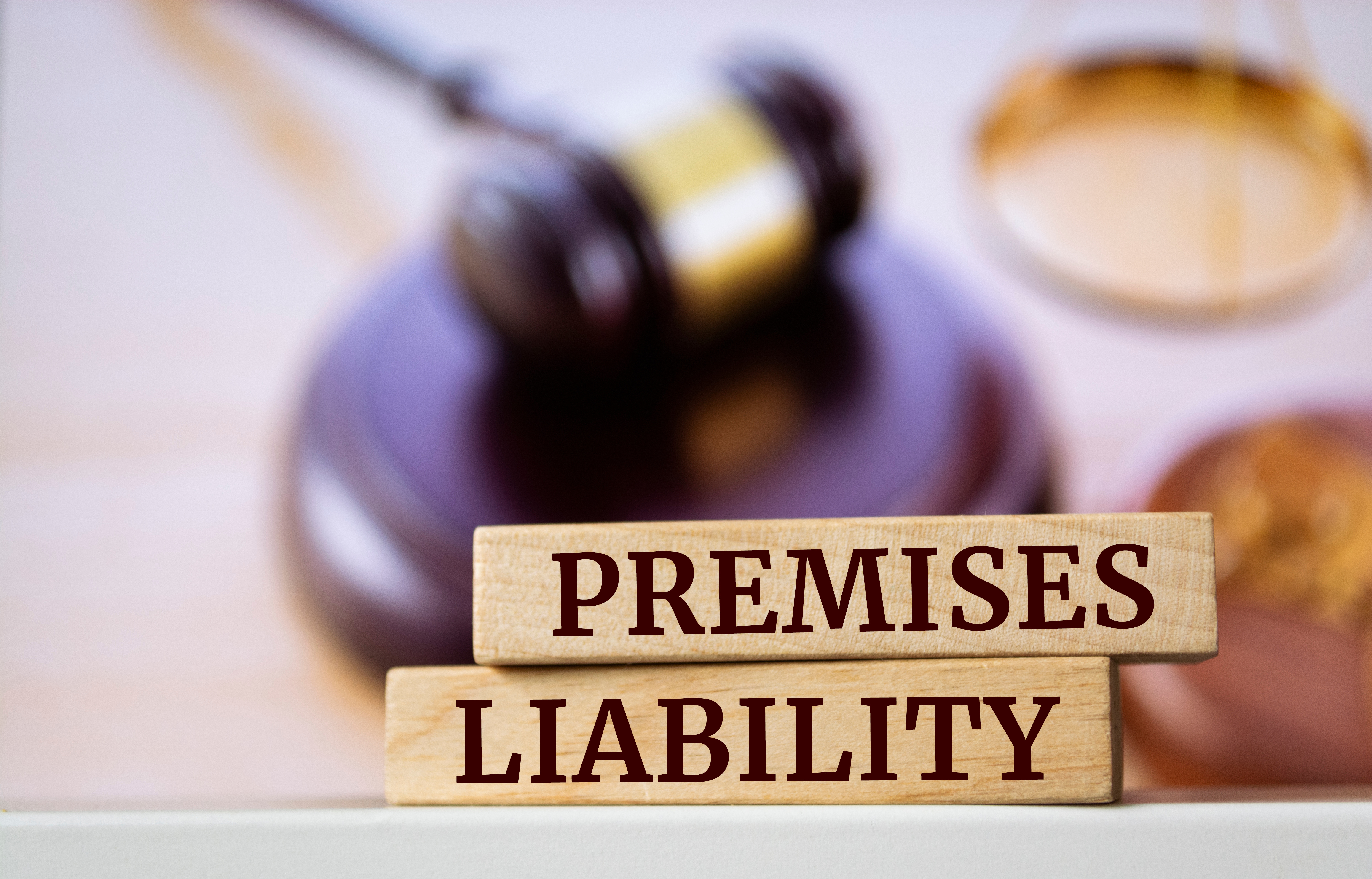
Premises liability is a critical aspect of personal injury law, particularly in a bustling city like Las Vegas, where countless visitors and residents frequent hotels, casinos, and entertainment venues daily. Accidents can happen anywhere, from slipping on a wet floor to tripping over uneven pavement, and when they do, the property owner may be held accountable if negligence is involved. In Las Vegas, a city known for its high foot traffic and vibrant nightlife, ensuring safe conditions on properties is a crucial part of landlord responsibilities and essential to preventing injuries. However, when property owners fail to maintain safe environments, resulting in accidents, premises liability comes into play.
Understanding the nuances of proving negligence in such cases is crucial for anyone injured due to unsafe conditions in Las Vegas. This article explores the key elements needed to establish negligence in premises liability claims, emphasizing the importance of gathering evidence, understanding the property owner's duty of care, and proving the connection between the unsafe condition and the injury sustained. As Las Vegas continues to grow and attract millions, awareness of premises liability becomes increasingly important for both property owners and visitors alike.
Negligence is an essential element in any personal injury claim, including premises liability cases. To establish negligence, four elements need to be proven: duty of care, breach of duty, causation, and damages. Let's delve into each element:
Property owners have a duty of care towards anyone who enters their premises. This means they are legally obligated to maintain safe conditions and promptly address any known hazards that could cause harm to visitors. Examples include slippery floors, broken handrails, or inadequate lighting.
Once it has been established that the property owner had a duty of care towards the injured party, it is crucial to prove that they breached this duty. This can occur through either action or inaction on the part of the property owner. For example, if a store manager fails to clean up a spill promptly after being made aware of it or neglects to repair a damaged step despite being notified about it beforehand, those actions (or lack thereof) could be considered breaches of duty.
Causation refers to establishing a direct relationship between the property owner's breach of their duty of care and the injuries sustained by the visitor. It must be shown that if not for the property owner's negligence—whether a deliberate act or a failure—the injury would not have occurred. Proving causation often requires gathering evidence such as photographs, videos, witness testimonies, expert opinions if necessary, and medical records detailing the extent and nature of the injuries suffered by the victim.
The final element in proving negligence is demonstrating that the injured party has suffered damages as a result of their injuries. These damages can include medical expenses, pain and suffering, loss of wages, or any other financial or emotional hardships endured due to the accident.
Now that we understand the basic elements of negligence in premises liability cases, let's explore some ways to establish this negligence:
To build a strong case, it is crucial to gather as much evidence as possible. This can include photographs or videos of the hazardous conditions, any written reports filed with authorities or management regarding the incident, and testimonies from both witnesses and medical professionals. Detailed documentation of the injuries sustained should also be obtained. In premises liability cases, it is always beneficial to document any slip-and-fall accidents by seeking immediate medical attention.
Maintenance records are vital evidence when trying to prove negligence. They can indicate whether or not property owners fulfilled their duty to ensure regular upkeep and repair within their premises. If maintenance issues were neglected, it strengthens the case against the property owner for breaching their duty of care.
Previous incidents on record that are similar to yours can significantly impact your case. If there have been prior incidents involving slips and falls or accidents caused by hazardous conditions such as broken equipment, those records can be used as evidence in establishing a pattern of negligence on the part of the property owner.
In some cases, expert testimony may be necessary to solidify your claim. Experts who specialize in fields such as building codes, safety regulations, or accident reconstruction can provide valuable insights by offering professional opinions based on their expertise. Their testimony can help establish a link between negligence and the injuries sustained.
Another essential aspect of establishing negligence is verifying if property owners complied with relevant safety standards and regulations during construction or renovation. Failure to adhere to these standards could indicate a breach of duty, making it easier to prove negligence.
Proving negligence in premises liability cases requires a thorough investigation of the circumstances surrounding the incident. By establishing the four elements of negligence—duty of care, breach of duty, causation, and damages—and gathering supporting evidence, you can build a compelling case. Consult with an experienced personal injury attorney to ensure you have a strong legal strategy in place and increase your chances of obtaining fair compensation for your injuries and related damages.